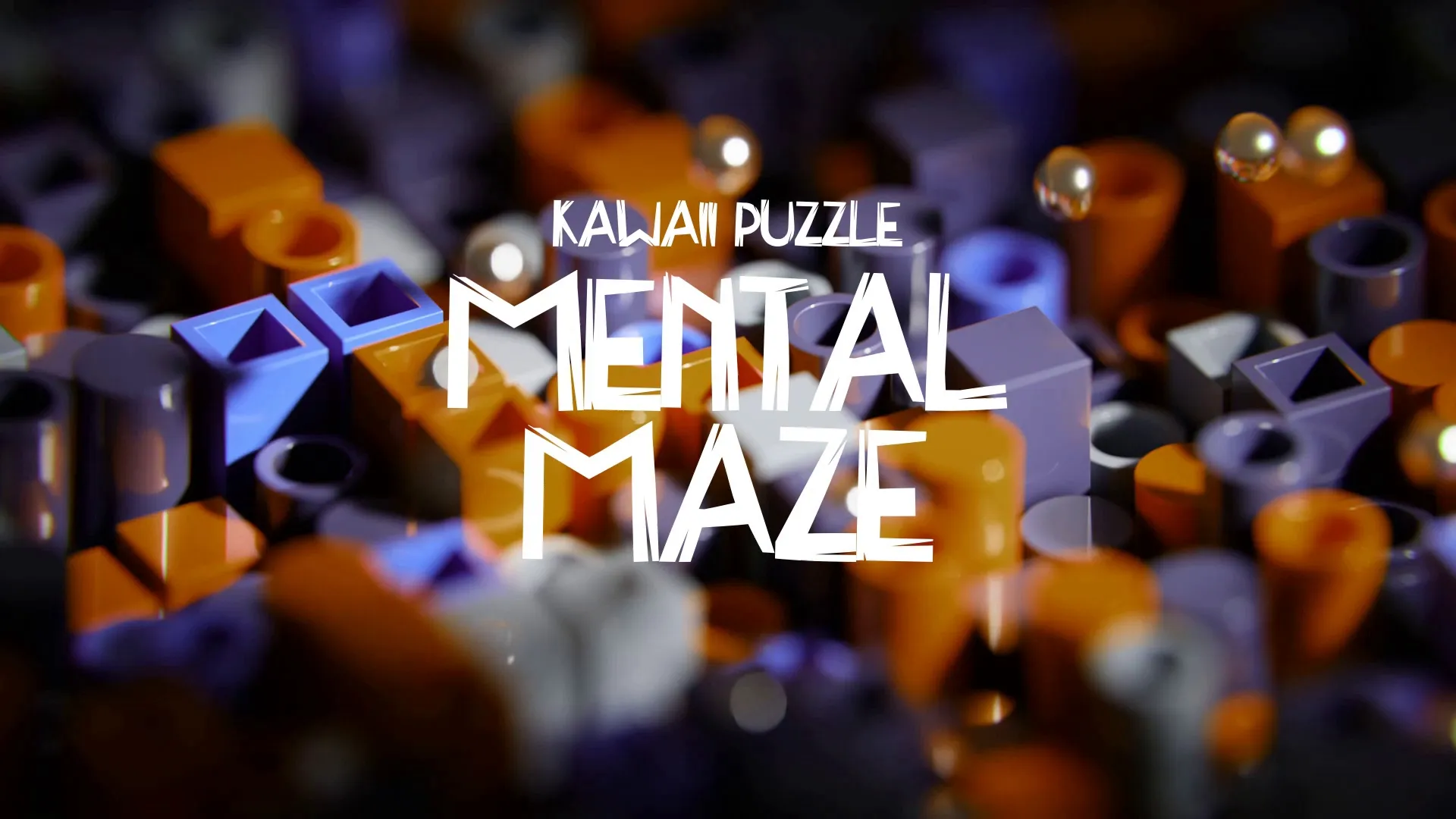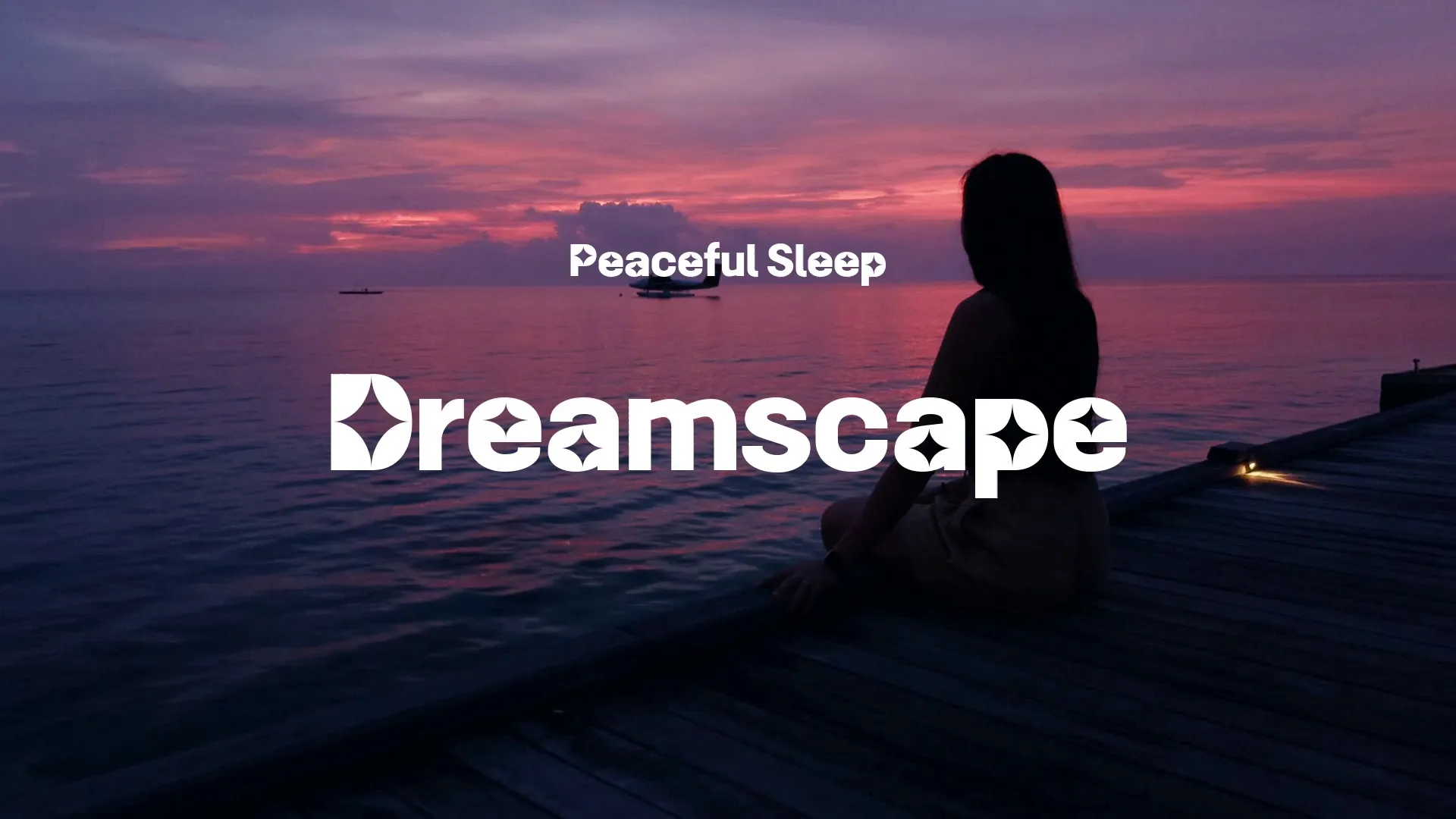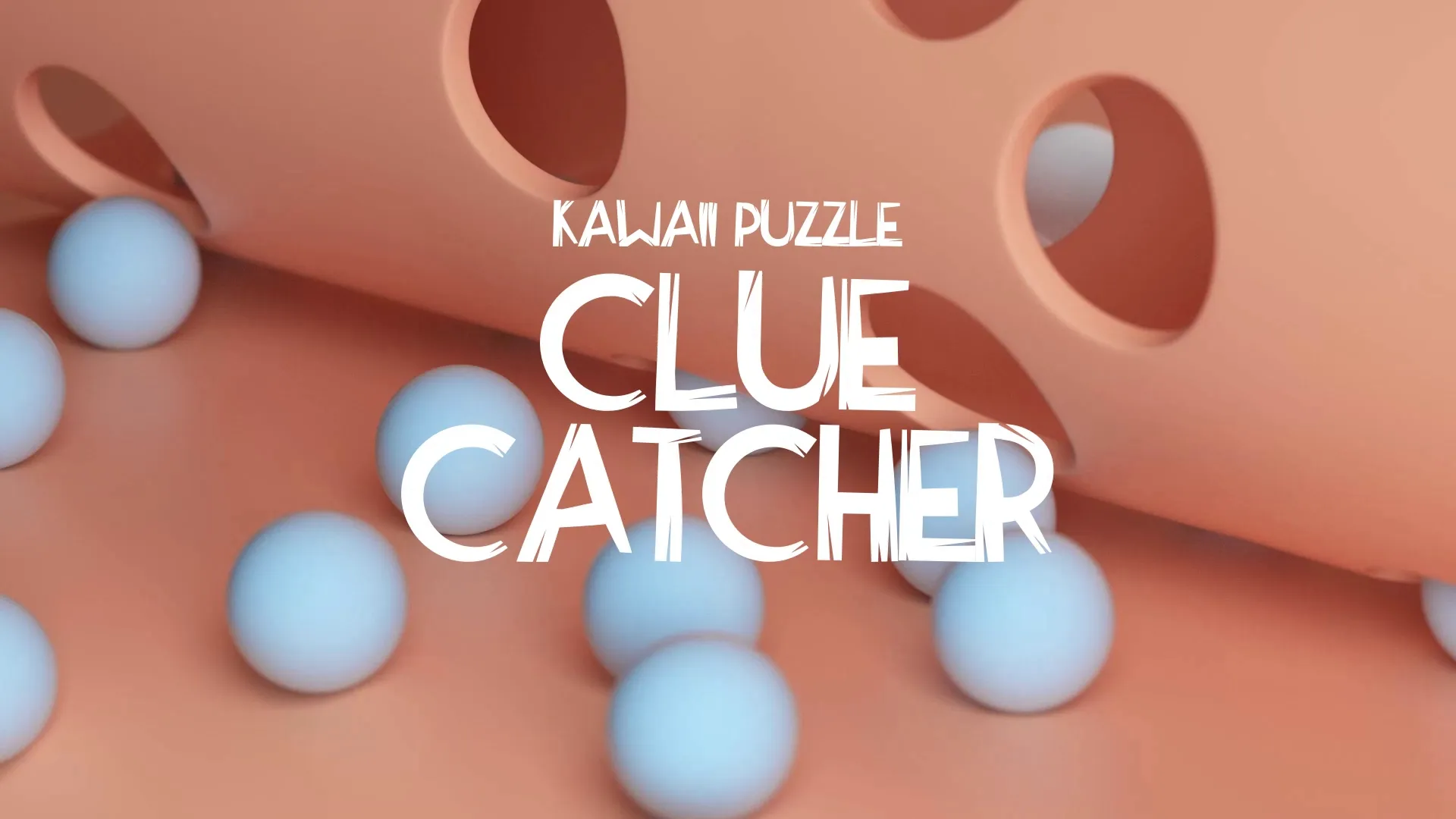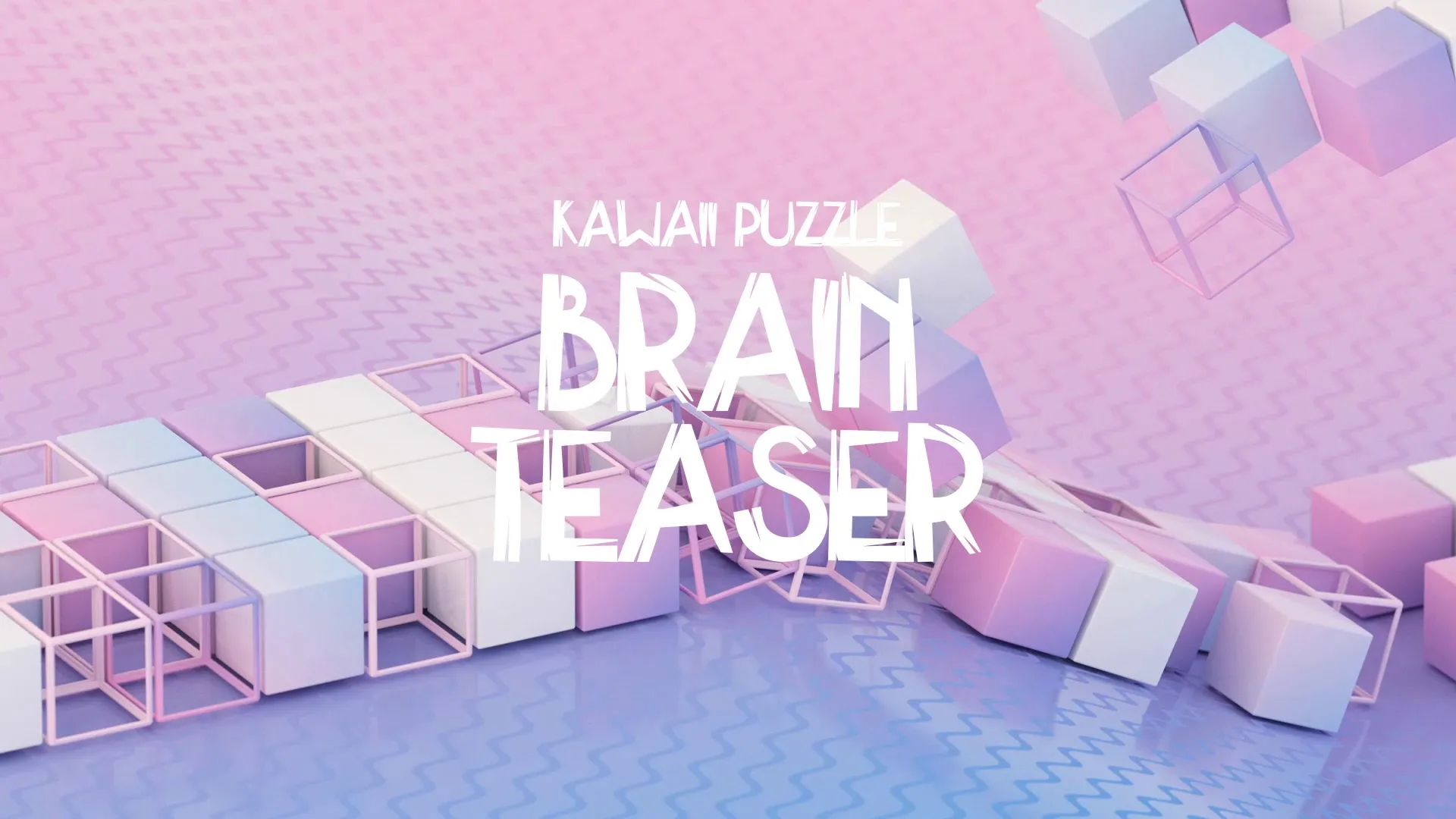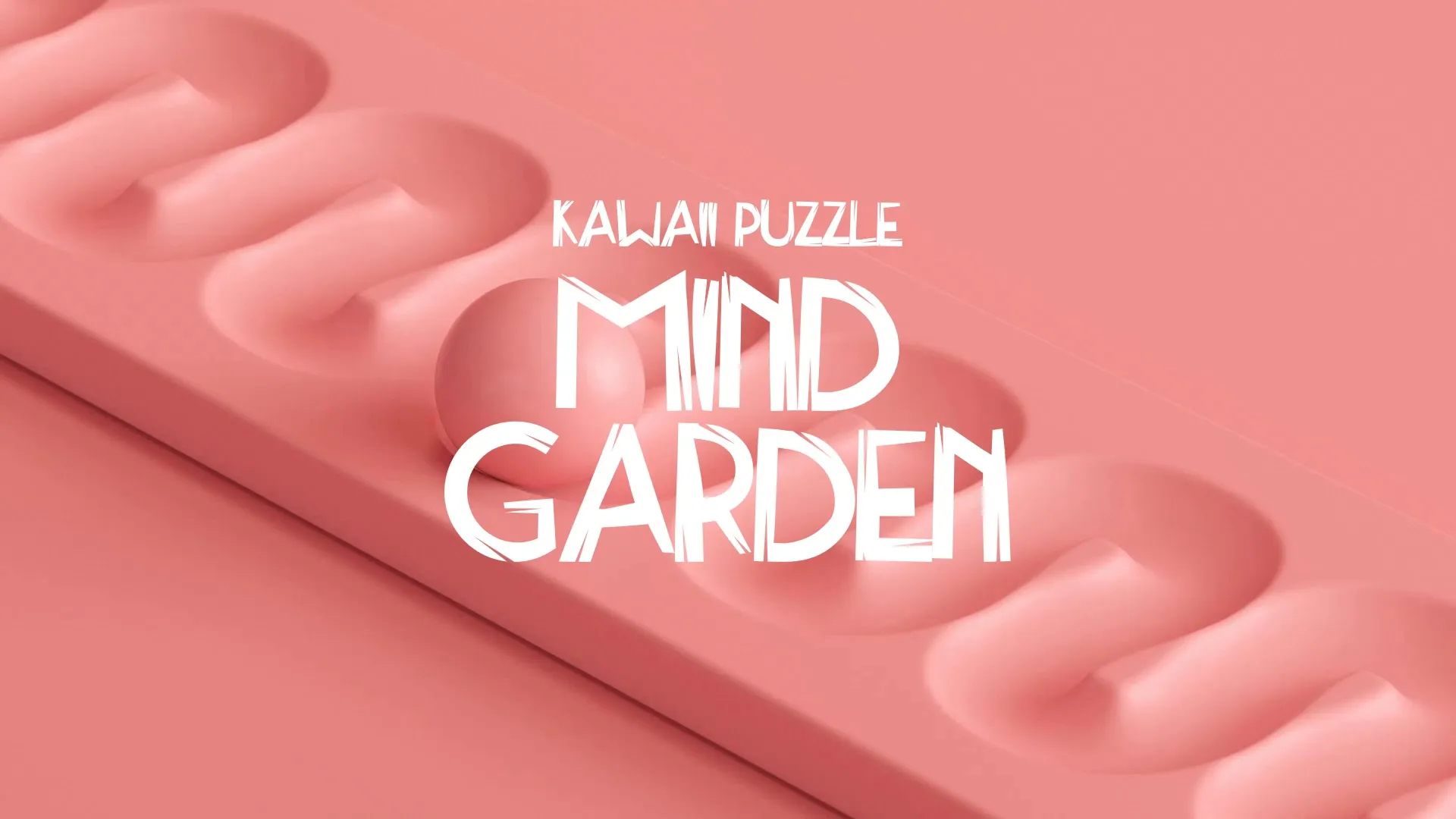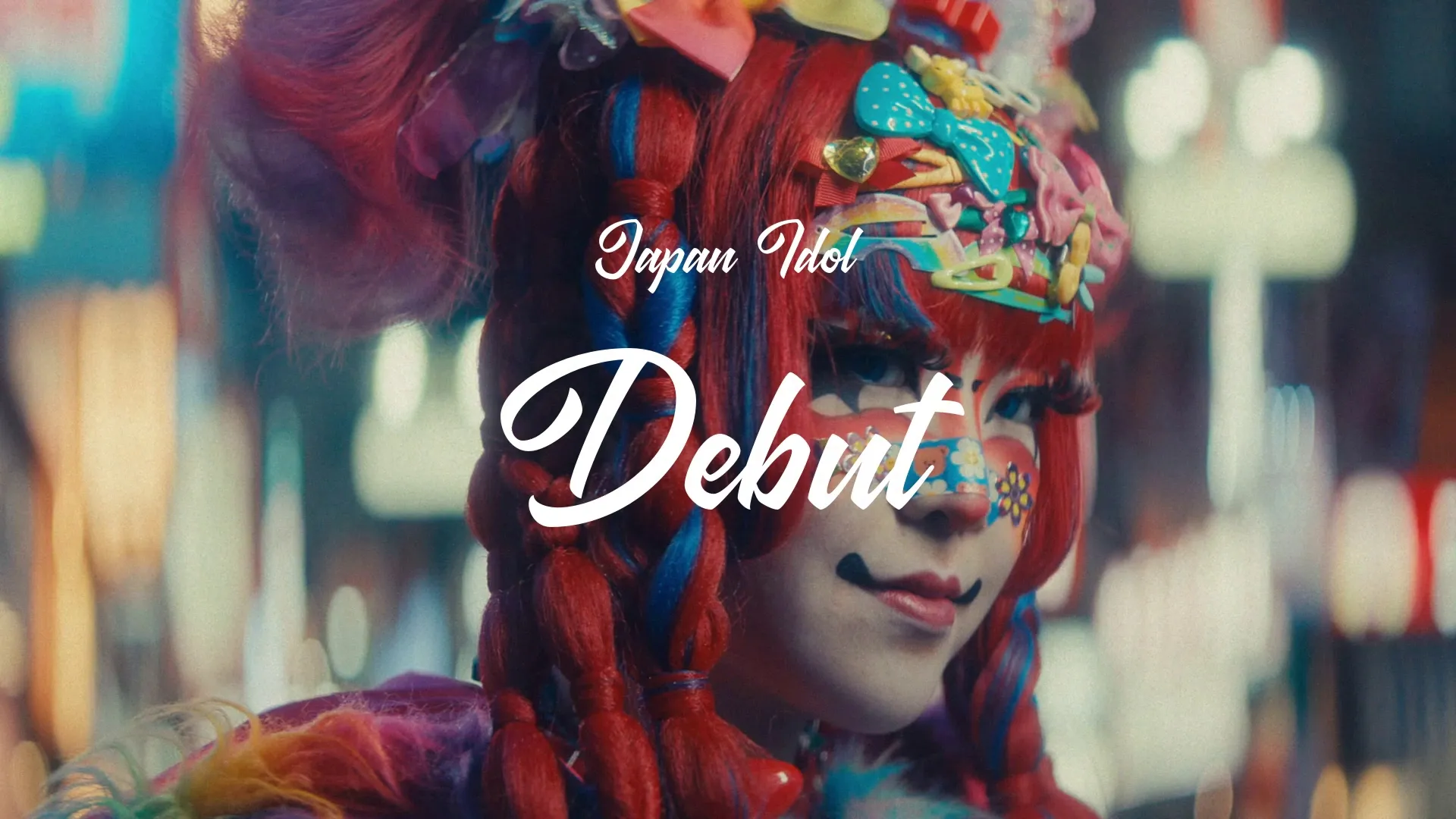Crafting Engaging Stories: Sustainable Narrative Design for Indie Game Developers
Indie game developers often face a unique challenge: crafting compelling narratives while managing limited resources and preventing burnout. Sustainable narrative design isn’t just about the story within the game; it’s about building a storytelling process that supports your well-being and project viability.
Balancing Creative Ambition with Practical Constraints
Grand narrative visions are inspiring, but an indie team’s reality demands pragmatism. Scope creep in narrative can be as detrimental as in gameplay.
Focus on core emotional beats and essential plot points, then expand only if time and resources allow. This approach ensures a complete, if concise, story rather than an unfinished epic.
Consider how your narrative design for video games interacts with your development cycle. Can story elements be modular, allowing for easier iteration and less rework?
Practical Storytelling Techniques for Indies
Leverage environmental storytelling and implicit lore to convey depth without extensive cutscenes or dialogue trees. Players enjoy discovering narratives organically.
Character backstories and world-building can be hinted at through item descriptions or optional interactions. This reduces the burden of explicit exposition.
Keep your core narrative concise and impactful. Overly complex plots often confuse players and exhaust developers.
Integrating AI Tools Responsibly
AI can be a powerful ally in sustainable narrative design, not a replacement for human creativity. Use AI tools to generate initial concepts or flesh out minor details.
For instance, a game title generator AI like Marquee can swiftly provide numerous naming ideas, saving valuable creative energy for the story itself. This accelerates ideation without compromising originality.
AI can also assist in brainstorming character traits or plot twists, offering diverse perspectives to overcome creative blocks. Always refine and personalize AI-generated content to maintain your unique voice.
Prioritizing Developer Self-Care in Narrative Development
The emotional investment in storytelling can be intense, making developer self care crucial. Recognize when you’re approaching creative exhaustion.
Implement structured breaks and switch between different tasks to prevent mental fatigue. This helps maintain a fresh perspective on your narrative.
Journaling can be an effective tool for stress management for game developers, helping to process ideas and emotional responses to your work. Regular reflection aids in maintaining work-life balance game developer efforts and preventing burnout.
Create a free account, or log in.
Gain access to free articles, game development tools, and game assets.



